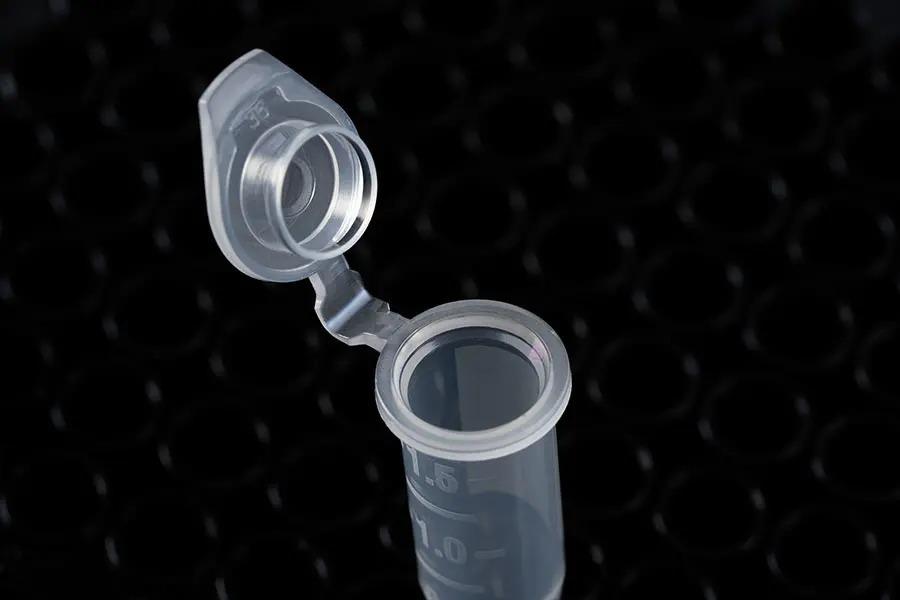Centrifuge tubes are essential tools in laboratories across various fields, from biology to chemistry and medical diagnostics. These tubes are specifically designed to withstand high-speed spinning in centrifuges, allowing scientists to separate substances based on density. Typically made from durable materials such as plastic or glass, centrifuge tubes come in a variety of sizes, ranging from micro-sized tubes for small samples to larger tubes used for more substantial quantities.
One of the primary uses of centrifuge tubes is in the separation of liquids and solids, such as blood components in medical labs or cellular material in research facilities. Their design, often featuring conical bottoms, ensures efficient sedimentation and minimal sample loss. Additionally, many centrifuge tubes have secure, leak-proof caps, which are critical for preventing contamination and ensuring the integrity of the samples.
In summary, centrifuge tubes are indispensable in ensuring accurate and efficient separation processes, playing a crucial role in both routine lab work and advanced scientific research.

